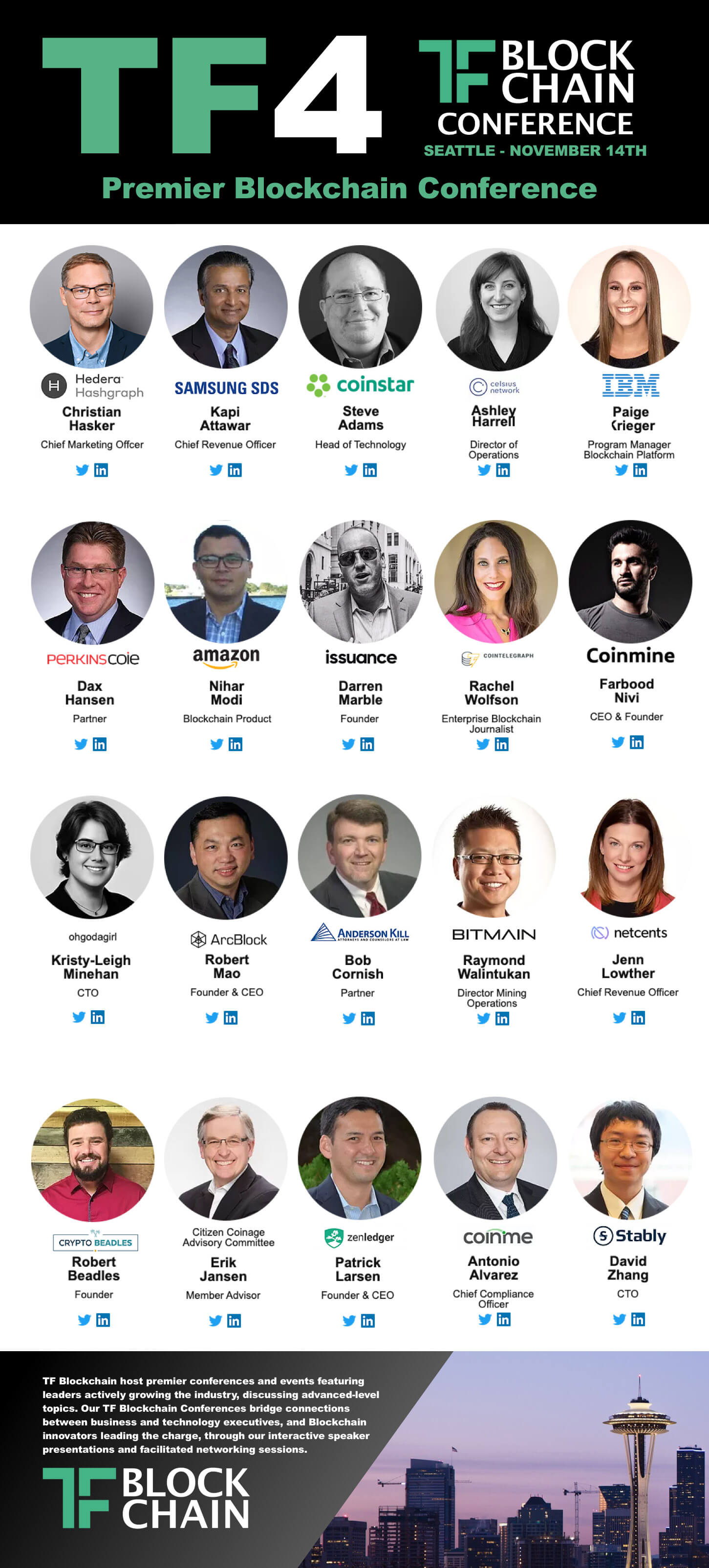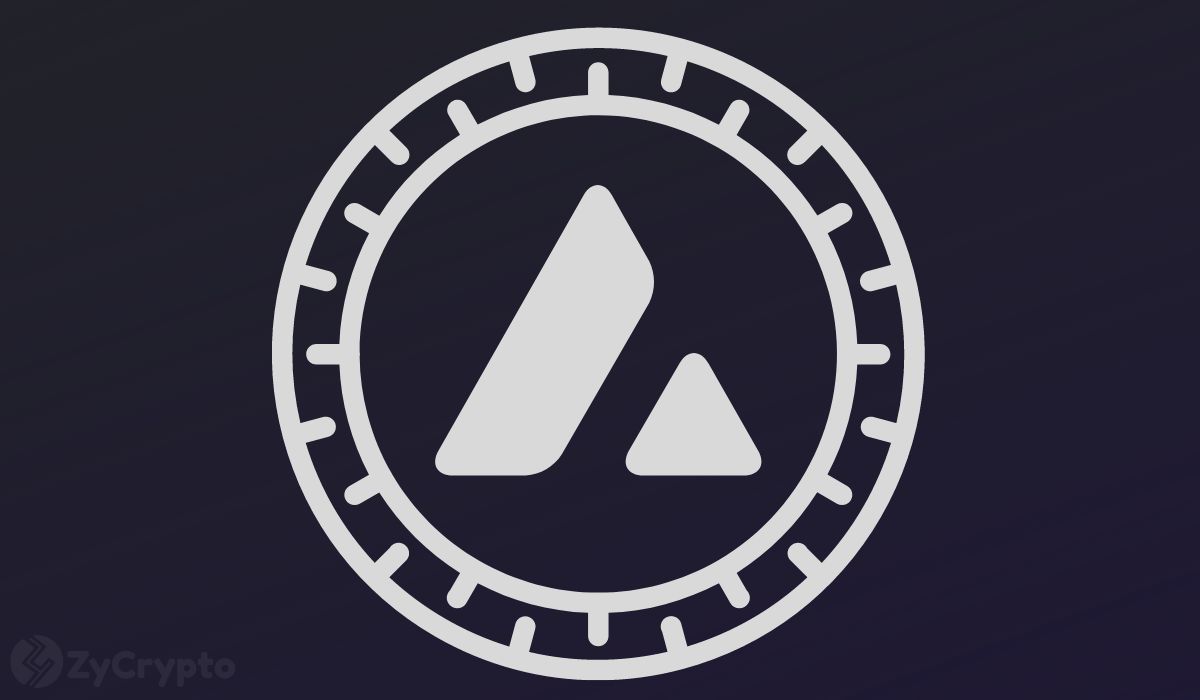2018-7-13 02:35 |
The China Internet Conference in Beijing gave the stage to a number of speakers this week. This year’s conference touched on vital aspects of blockchain technology—these are just some of the many highlights:
Pure Progress: Yi Lihua of LD Capital praised blockchain’s ability to build trust and allow more people to participate in organizations and invest in markets than ever before. He also lamented the fact that blockchain technology is not yet widely adopted in some domains—especially in the content industry, which is estimated to account for 95% of the time that web surfers spend online.
Cai Weide of the Thousand Talents Program warned against relying too much on current incarnations of the blockchain, such as Ethereum and Hyperledger, and advocated for blockchain stability, security and design over speed.
Shen Yu of f2pool and Cobo noted that the blockchain is in its infancy, much like the Internet was in the 1990s. Wang Baocai similarly defined blockchain as the third stage of the data era, following the Internet and social media stages. He also predicted success for Cardano on the level that Bitcoin and Ethereum have experienced.
Finance: Charlie Shan of Credit Tag Chain discussed the limitations of traditional finance regulation: confidentiality forms “information islands” that necessitate time-consuming communication and tend towards privacy and protection of data. Alternatively, the blockchain can allow for shared regulation of open data while permitting innovation. The blockchain is estimated to save the finance industry billions every year.
Meanwhile, Cai Liangbin of Fangtu reminded the audience that one of the most valuable aspects of the blockchain is still the capacity to exchange money directly without middlemen affecting terms of the exchange. This is a feature seen often in cryptocurrencies, including Tron and Tether.
Mining Issues: Shen Yu discussed the trend from POW to POS consensus, arguing that although there is little room to build upon POW, POW is quite secure and produces a lot of value—an estimated $10 billion annually.
Liu Wei of Genaro Network discussed hard disk mining as an alternative to mining based on computing power. Hard disk mining involves peer-to-peer data storage and sharing and is found on blockchains such as Sia or Storj. According to Liu Wei, although mining based on computer speed has been monopolized, hard disk mining has a problem of its own: disks are cheap and the mining process lacks incentives.
In all, the conference covered an incredibly wide range of topics by focusing on the issues that the blockchain is currently facing, while anticipating upcoming frameworks and technology.
The post Highlights from the China Internet Conference: The Future of Blockchain appeared first on UNHASHED.
origin »Bitcoin price in Telegram @btc_price_every_hour
High Performance Blockchain (HPB) на Currencies.ru
|
|



















